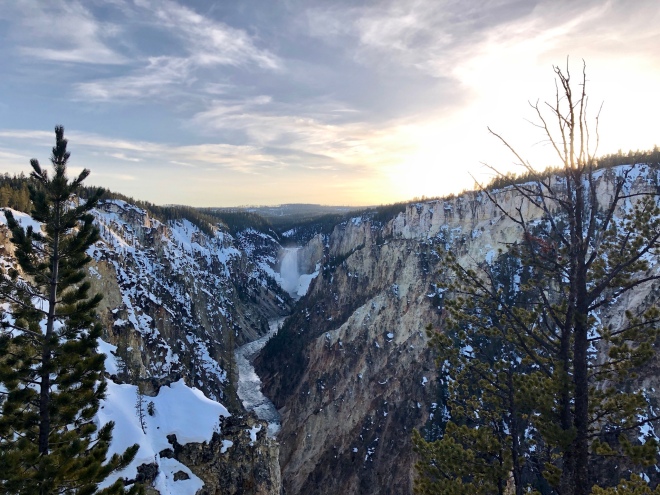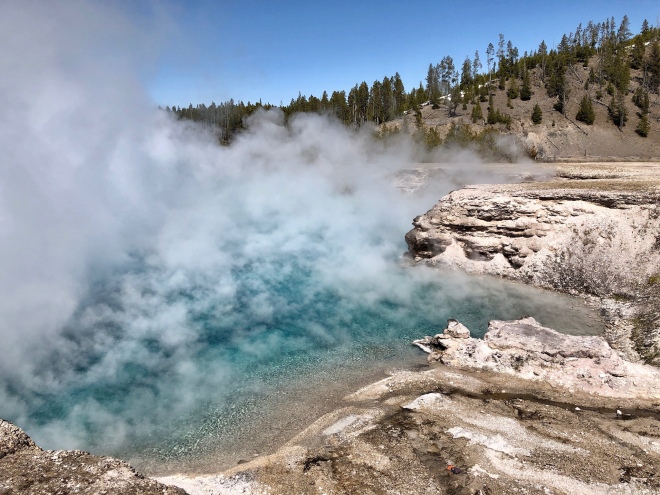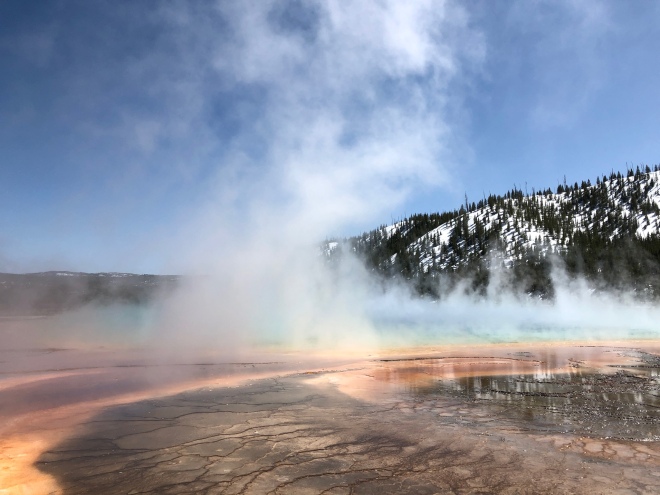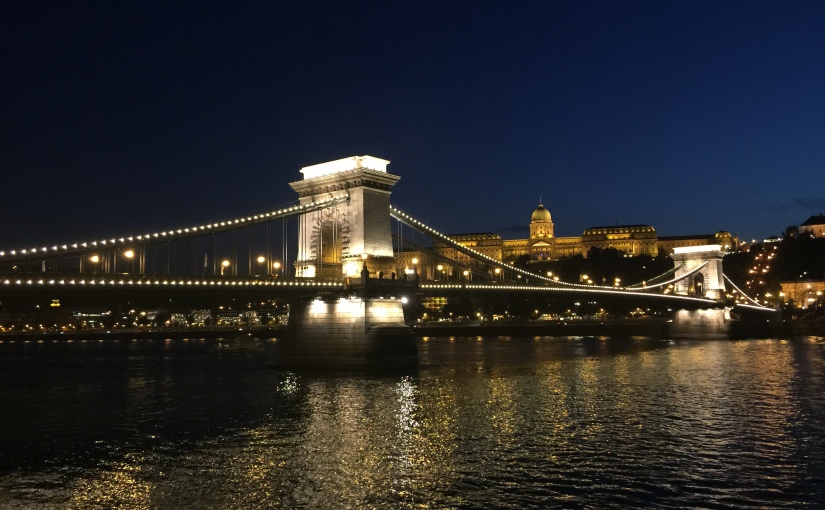It’s long been fashionable particularly among young people to regard social activism and politics as something to be avoided, something messy and too rigged or corrupt to occupy our time.
We might regard the whole thing as much ado about nothing, a strange overcomplicating of ideas far more simple than politicians and pundits would have us believe, making compromise itself seem more alien than we ever thought possible.
We may yet have resorted to another kind of indifference, a kind that initially seems valid since it at least reflects a basic open-mindedness in considering both points of view. Nevertheless it hints at an unwillingness or insecurity in standing up for what we truly believe.
In his book On Tyranny, author Timothy Snyder puts it best.
“What is truth?” Sometimes people ask this question because they wish to do nothing. Generic cynicism makes us feel hip and alternative even as we slip along with our fellow citizens into a morass of indifference. It is your ability to discern facts that makes you an individual, and our collective trust in common knowledge that makes us a society. The individual who investigates is also a citizen who builds. The leader who dislikes the investigators is a potential tyrant.
-Timothy Snyder, On Tyranny (2017)
This may remind us of our current political landscape and those in high office who’ve routinely reinforced notions of fake news along with a general hostility toward nuance and complexity and facts.
Politics is indeed complicated and for the most part it always has been, primarily because there are so many of us, each coming from different backgrounds and occupying our own sphere of personal experience.
But just because it’s complicated doesn’t mean it’s inaccessible. It requires us doing the work in educating ourselves and listening to other perspectives–listening, that is, but still ultimately making a decision.
On that note, in this election we saw a greater turnout than ever before and it’s enough to convince me that the type of apathy I described may be turning into something of the past, to the point that anyone still falling into that “morass of indifference” seems not only impractical but passé to the point of looking silly.
Still, it’s important that our rising passions and renewed enthusiasm don’t lead to recklessness. In this age of social media it can be particularly tempting to speak out on a cause more for the sake of saying something or simply conforming to sudden popular opinion and less because we truly believe in it or have done a good amount of investigating, critical thinking and listening ourselves.
Such oversight can lead to an increased state of tribalism where each of us places less value in facts and objectivity than we do in our side being right.
We must remember to be vigilant for the breakdown of objectivity both in our society and in ourselves. Our allegiance belongs to facts and to understanding the truth as completely as possible, not to our own egos.
To that point, what’s particularly troubling is the continued prevalence of cable news in our society, which is without question the main culprit behind the ever-increasing divisions in our country.
These programs, mere talk shows masquerading as news programs, are far less beholden to the rules of journalism than to those of television and ratings; where they’ll report the news for a minute, and then open the floor to pundits and spinsters who occupy the next 20-30 minutes essentially telling us what to think of it. As if we don’t have that ability ourselves.
“Viewers don’t want to be informed. Viewers want to feel informed.”
Chet Collier, one of the original founders of Fox News
They’ll call themselves news programs but what they really are is propaganda providing less information than entertainment, reinforcing the things they know their audience wants to hear–indeed a far cry from the quickly fading journalism of the David Brinkley/Walter Cronkite mold anchored in facts and reporting before opinions and personalities.
It’s what we get when journalism becomes less a service than a business–content in which there is ultimately no liberal or conservative bias, but merely a money bias. A business run by people who know where their audience stands and what it likes, and so naturally they keep playing the information that will keep its attention.
In this way they’re no different than most forms of entertainment. Of course, the more serious problem is their continued suggestion that they are anything more, that they are something that we can actually trust and take seriously as a source of information, unaware that we are likely doing so less to be informed than to be entertained.
And so we have become the sad enablers of our own creepy addiction. And our country is suffering for it, as we are more deeply divided now than at any time in modern history.
Yet, as we the viewers have lifted cable news to this level of esteem, so too can we disenfranchise it by no longer watching it. We can reinvest our time and allegiances to print journalism, a medium in which ratings are irrelevant and entertainment is not a priority, where outside the editorial section, there is little space for opinions and personality in an environment anchored in facts and words alone.
The better print journalists allow us to consider the meaning, for ourselves and our country, of what might otherwise seem to be isolated bits of information. But while anyone can repost an article, researching and writing is hard work that requires time and money. Before you deride the "mainstream media," note that it is no longer the mainstream. It is derision that is mainstream and easy, and actual journalism that is edgy and difficult. So try for yourself to write a proper article, involving work in the real world: traveling, interviewing, maintaining relationships with sources, researching in written records, verifying everything, writing and revising drafts, all on a tight and unforgiving schedule. If you find you like doing this, keep a blog. In the meantime, give credit to those who do all of that for a living. Journalists are not perfect, any more than people in other vocations are perfect. But the work of people who adhere to journalistic ethics is of a different quality than the work of those who do not.
-Timothy Snyder, On Tyranny (2017)
Indeed the time for apathy is over. I am encouraged to see a greater feeling of activism among the electorate. But we must ensure that our passions are those we’ve cultivated on our own terms, and not simply because somebody told us what to think and what to feel. We must actively participate based on our own individual conclusions, not on those fed to us by what we hear on TV or see on social media.
If our activism is rooted on our individual ability to think critically, then it will prove to be an activism that lasts, and one that creates the healthier and more united country we seek to become.










